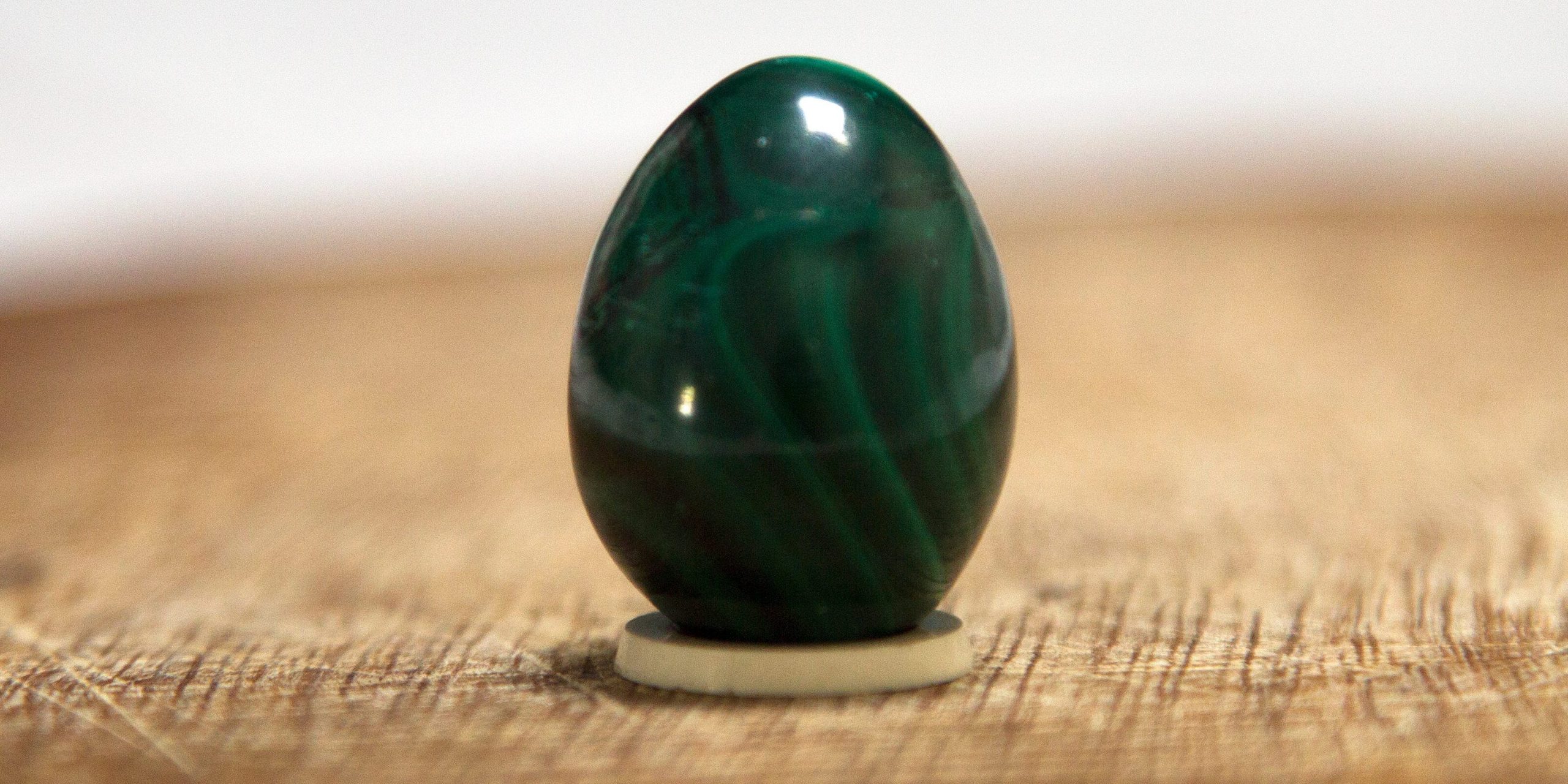
Petri Oeschger/Getty Images
- Yoni eggs are egg-shaped balls of quartz or jade that are intended to be inserted into the vagina.
- Yoni eggs claim false benefits like increasing libido, easing cramps, and balancing hormones.
- None of the benefits are true, and using yoni eggs can cause bacterial infections and intense pain.
- Visit Insider's Health Reference library for more advice.
There is a lot of misinformation about what is and isn't good for your vagina. And it doesn't help when wellness companies, like Gwenyth Paltrow's lifestyle site Goop, speak of "miracle stones" called yoni eggs.
In 2018, Goop faced a false advertisement lawsuit from the Santa Clara County District Attorney's Office after claiming their $66 yoni eggs could "increase chi, orgasms, vaginal muscle tone, hormonal balance, and feminine energy in general." The company had to pay $145,000 in returns. However, Paltrow continues to tout the egg's supposed benefits and still sells it.
Claims of these vaginal inserts' power have no scientific backing. Here's why you should never put a yoni egg into your vagina.
What is a yoni egg?
Yoni eggs are egg-shaped balls made from jade or quartz that are intended to be inserted into the vagina, says Tamika K. Cross, MD, FACOG, an OB-GYN at Serenity Women's Health & Med Spa. The price of yoni eggs varies widely but often lands between $30 and $70 per egg.
Using a yoni egg is a simple process. Yoni eggs are cleaned and then inserted into the vagina and left there between a few minutes to hours or even overnight.
Purported yoni egg benefits
There are many claims about the power of yoni eggs, says Cross, and while none of them are true, they include:
- Raising libido
- Increasing lubrication
- More frequent orgasms
- Easing cramps
- Fewer PMS symptoms
- Increasing "feminine energy"
- Balancing hormones
- Strengthening pelvic floor muscles
However, there is no scientific evidence that yoni eggs work in any of these capacities.
No, yoni eggs are not safe
Not only are the supposed benefits of yoni eggs unproven, but using them can have dangerous consequences.
"There is no data to support any of the health claims made concerning [their] use," says Felice Gersh, MD, an OB-GYN at the Integrative Medical Group of Irvine.
According to Cross, side effects of yoni eggs include:
- Muscle strain, due to the vagina constantly contracting.
- Vaginismus, a condition in which muscles involuntarily contract when something is inserted into the vagina, causing extreme pain.
- Increased vaginal or bladder infections, as the porous material absorbs bacteria, says Gersh.
Yoni egg alternatives
There are other, proven methods of treatment for many of the issues yoni eggs claim to tackle, such as strengthening the pelvic floor muscles. Instead of using yoni eggs to strengthen pelvic floor muscles, use evidence-based approaches such as kegel exercises.
Performing kegel exercises - like pretending to hold in urine - allows the vagina to contract and relax. Meanwhile, using a yoni egg causes constant contraction resulting in muscular strain, says Cross.
Another example is the treatment for PMS, a condition experienced by about 75% of menstruating people that causes depression, mood swings, and changes in libido. Taking hormonal contraceptives, increasing sleep, or starting antidepressants are more effective in treating symptoms than yoni eggs.
Cross and Gaither recommend that anyone experiencing vaginal issues reach out to a qualified clinician to receive safe advice and treatment for their specific condition.
Insider's takeaway
While wellness companies may claim yoni eggs can do everything from reducing cramping to strengthening pelvic floor muscles, none of these claims are substantiated. In fact, using a yoni egg is dangerous and can cause painful muscle strains and infections. If you have vaginal symptoms or conditions you wish to treat, speak with an OBGYN to find the most effective option for you and your body.